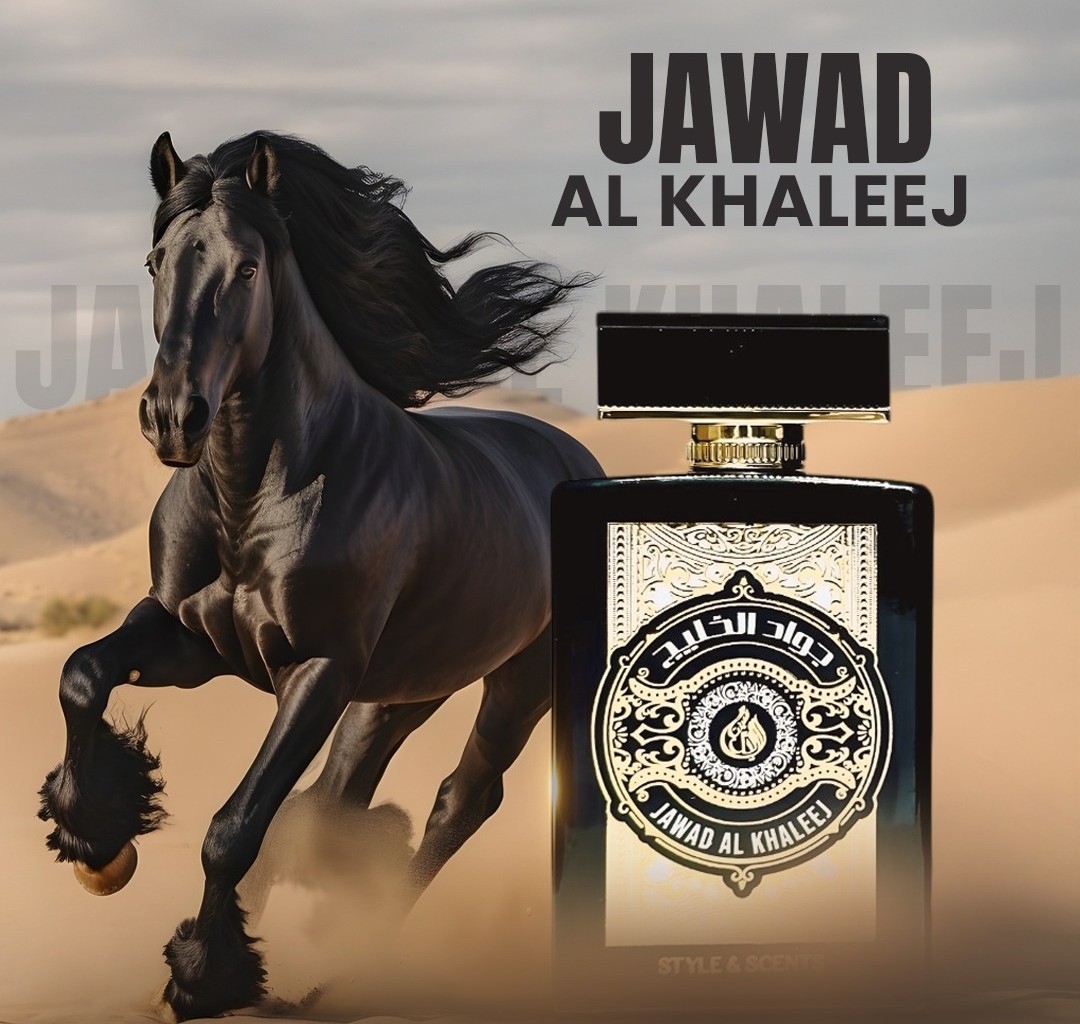-
United Arab Emirates
United Arab Emirates

Authenticity is the game in the luxury fragrance business. As the global luxury fragrance market grows, so does the potential for counterfeits. Counterfeit fragrances not only damage brand reputation but are also toxic to consumers' health. Luxury perfume brands are therefore looking for outside-the-box solutions for protecting their consumers and their business. One of the most intriguing weapons in the fight is blockchain.
Blockchain is a digital ledger that resides on many computers simultaneously, where transactions are stored safely, openly, and in a way that proves whether they were tried to be altered. Each transaction, or "block," is connected to the previous one, creating a chain that cannot be altered without consent from the network. Blockchain is perhaps most famously known to drive cryptocurrencies beyond Bitcoin, but its applications go much beyond the realm of money.
Blockchain is a solution luxury perfume brands have with huge potential in ensuring legitimacy of their offerings. Here is how:
Digital Identifier: Each bottle of perfume is assigned a unique digital identifier, typically in the form of QR tag or NFC tag. The identifier is printed onto the blockchain during production.
Transparent Supply Chain: As the perfume moves along the supply chain—at the manufacturer level and from manufacturer to distributor and retailer—the sale is logged on the blockchain. This provides an open, traceable history of the journey of the product.
Consumer Authentication: When a consumer purchases a perfume, the customer is able to scan the QR code or tap the NFC tag with a mobile phone. This provides immediate access to the blockchain history of the product, confirming its validity and source.
Tamper-Evident Records: As blockchain data can never be altered in the past, it is practically impossible for the counterfeiters to create a history or identity of a product.
Brand Protection: Brands can protect their brand and limit losses from counterfeits by making easy authentication accessible. Consumer Trust: Consumers feel assured that they are buying authentic products, not fakes. Greater Transparency: Blockchain carries an immutable history of the product, from production date to ingredients to shipping path. Sustainability Tracking: Brands can even use blockchain to reveal information regarding sustainable sourcing and fair labor practices.
Several high-end perfume houses already use blockchain in their packaging. A couple of houses now create limited-series perfumes with blockchain-validated certificates of authenticity that are attractive to collectors and connoisseurs.
When blockchain technology becomes as prevalent as it is today, it will soon be business as usual in the luxury perfume market. Not only does it guard against counterfeiting, but it also opens up new ways of engaging the customer and sharing the brand narrative.
In summary, blockchain is transforming the luxury perfumes authentication process, with certainty for both consumers and brands in today's more complex market.